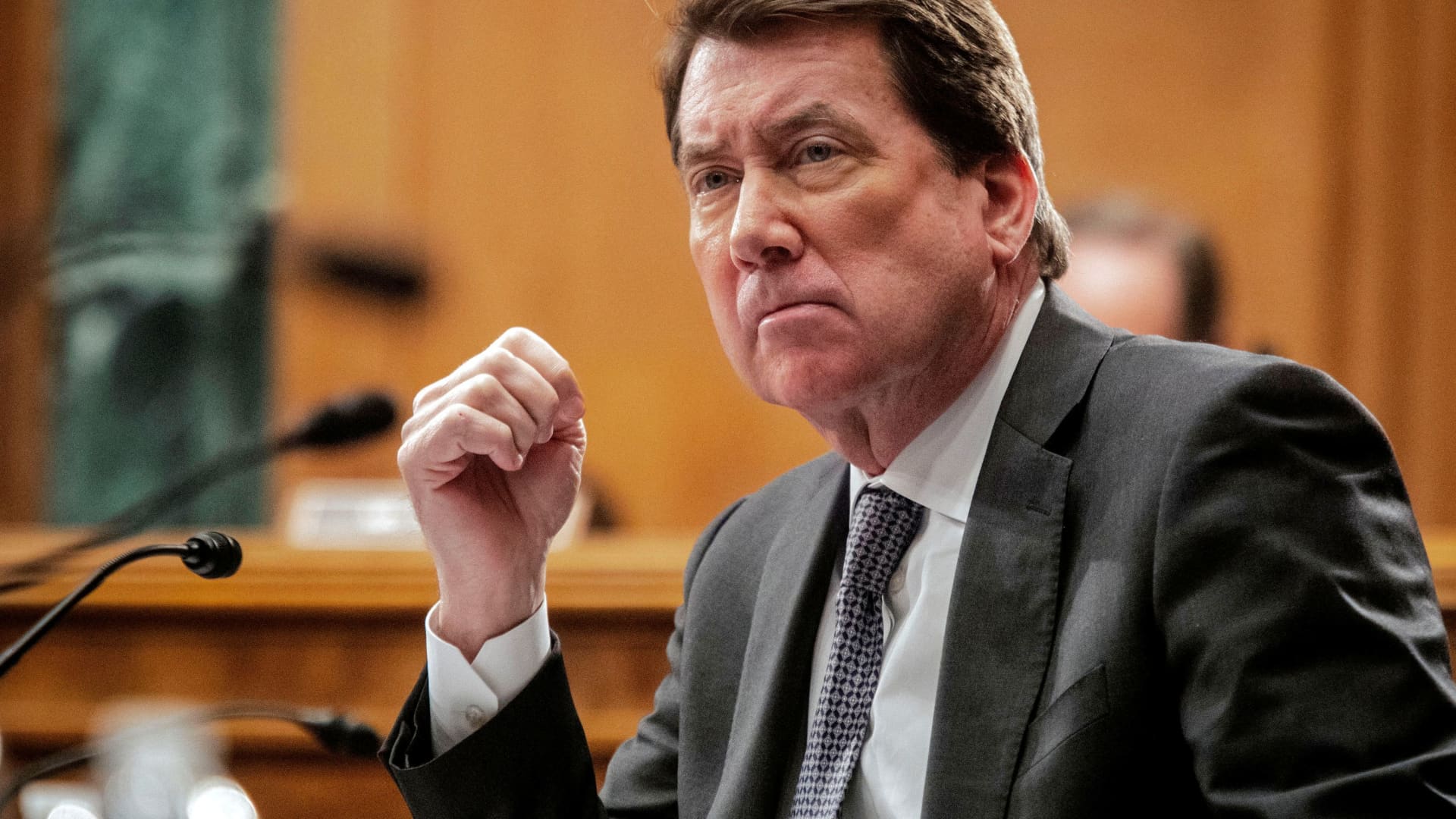Sen. Bill Hagerty, R-Tenn., will file an amendment to the $1.7 trillion spending package, to increase the threshold for Form 1099-K, according to Sen. Joe Manchin, D-W.Va., the proposal’s lead co-sponsor.
The tax reporting threshold applies to transfers using third-party payment networks including Venmo and PayPal.
In an exclusive interview with CNBC, Manchin said the amendment would increase the payment threshold to $10,000 from $600 for the 2022 tax season.
Before 2022, taxpayers received 1099-Ks with more than 200 transactions worth an aggregate above $20,000. But the American Rescue Plan Act of 2021 dropped the threshold to just $600. Currently, even a single transaction of more than $600 may trigger the form.
“This is the best relief we can get for people,” said Manchin, referencing the $10,000 threshold as “the best way to approach it.”
He believes that raising the threshold to $10,000 has broader support than delaying implementation of the new rule.
Tax pros have ‘deep concerns’ about the $600 threshold
Tax professionals have flagged the lower tax reporting threshold as a possible pain point for filers, with the risk of receiving 1099-Ks for personal transfers, such as gifts or reimbursements.
“As tax preparers, we are more or less expecting the worst,” Albert Campo, a certified public accountant and president of AJC Accounting Services in Manalapan, New Jersey, recently told CNBC.
“We’re expecting most of our clients to get these things,” he said. “So we’re trying to be proactive in addressing it.”
The American Institute of CPAs on Friday shared “deep concerns” about the $600 tax reporting threshold in a letter to the Senate Finance Committee and the House Ways and Means Committee.
The professional group said it supported a National Taxpayers Union Foundation recommendation to raise the threshold to “a level sufficient to exempt casual or low-level online activity.”
AICPA said even a $5,000 threshold would be “significant progress.”
